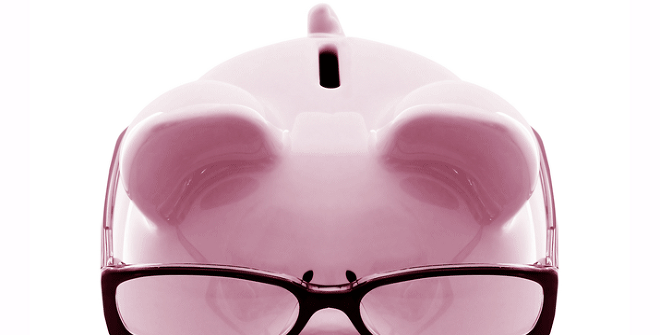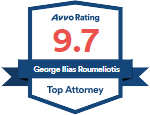
We're at Your Service with over 25 Years of Experience.
Helping You Navigate Complex and Changing Laws
Chapter 13 of the Bankruptcy Code is sometimes called a “wage-earner reorganization”, and provides for the repayment of some or all of an individual’s debts. Chapter 13 may be the only type of bankruptcy case available for certain high income individuals and couples that may not qualify for a Chapter 7 case. Also, if you are many months behind on payments for secured loans like a home mortgage or car loan, and are at risk for foreclosure or repossession, a Chapter 13 plan would allow you to keep your home or car by establishing a payment plan to catch up on the arrearage over a period of time.
Chapter 13 is used for other reasons as well. It allows for the discharge of certain kinds of debts that are not dischargeable under Chapter 7 of the Bankruptcy Code. Further, if an individual consumer has property that is at risk of being lost in a Chapter 7 case because it cannot be exempted (protected), a Chapter 13 case provides a mechanism for being able to keep that property. Also, a Chapter 13 filing can be used to “strip off” an entirely unsecured second or third mortgage, and essentially turn it into an unsecured claim which can be paid less than in full.
It is safe to say that the rules governing Chapter 13 cases are quite complex and the Court rulings that interpret those provisions are constantly changing. Contact us to discuss your specific situation and how you can best benefit from our services.

